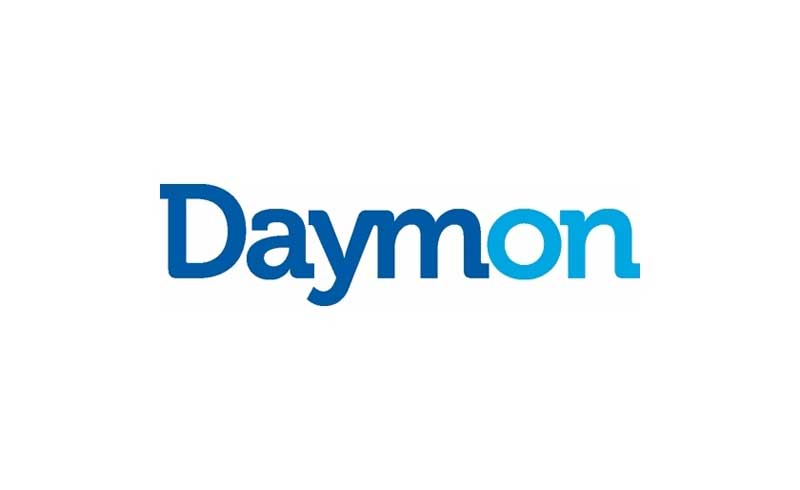Daymon, a pioneer in private brand development, has released the latest edition of its Private Brand Intelligence Report, delivering an inside look into the future of private brands and the emerging strategies that will be essential for retailers in getting ahead and positioning themselves for long-term sustainable growth. The report features insights and thought leadership from Daymon’s team of private brands experts, who utilized proprietary research, custom analyses, consumer surveys and global intelligence to provide a unique perspective on the industry.
Top-level findings from Daymon’s Private Brand Intelligence Report are summarized below:
Private brand momentum accelerates in the new normal
The COVID-19 era has fundamentally reshaped consumer behavior, pushing the balance of power further in favor of private brands. Entering into 2020, private brands were already well-positioned in the industry. According to Daymon’s 2020 Private Brand Survey among a nationally representative sample of more than 2,000 shoppers across the U.S., more than half say they pick a store specifically for its private brands. Further, 89 percent of consumers say they trust private brands as much as national brands, and 86 percent view private brand quality as equal to or better than national brands. As a result, only 6 percent of shoppers today claim they exclusively buy national brands, with more than a third saying that private brands comprise the majority of their shopping carts, increasing 11 percent over the last 2 years.
As consumers are faced with solving for the economic and social aftermath of COVID-19, the private brand value proposition will become even more meaningful to consumers and further accelerate pre-pandemic private brand gains.
Private brand innovation and differentiation drive retailer success
The most successful and forward-looking retailers use their private brands as a destination driver and leading force behind innovation. Daymon’s custom analysis of private brand programs across the country reveals that best-in-class retailers dedicate 43 percent of their private brand programs to value-added lifestyle items, compared to the industry average of only 16 percent – nearly three times the expected level of assortment differentiation.
Shoppers have taken notice of this shift and now view private brands as bona fide brands that fit their lifestyles and unique needs. Daymon’s research shows that four in 10 say that private brands now offer more new and innovative products than in the past. As a result, nearly eight in 10 say private brands are on-trend and even more so than national brands, representing a 15 percent increase in favorability toward private brands over the last two years. Further, 89 percent view private brands as brands they are proud to serve, proving that shoppers have moved beyond the cachet of legacy brands to embrace the quality and experiential attributes of private brands.
Private brands transform category dynamics across the store
With greater consumer pull and retailer recognition of their differentiation potential, private brands are taking center stage, having grown share in 88 percent of categories across the store over the last three years. There is clear opportunity for private brands to carve out ownership at retail, as consumers seek a range of product attributes as part of their purchase hierarchy, instead of automatically deferring to National Brands.
Daymon’s department-level analysis reveals that fresh, along with lifestyle center store categories are emerging as key growth areas for private brands representing a clear shift in the private brands paradigm. Private brands will continue to expand well beyond their historic category norms as retailers increasingly use them as key points of distinction across the store.
The private brand footprint pushes further online
The battle for share and relevancy is rapidly extending well into the e-commerce space. Challenges arising from the spread of COVID-19 accelerated the use of technology across the retail landscape as consumers relied on digital connectivity more than ever. As a result, retailers with developed e-commerce platforms witnessed significant growth in digital sales as consumers practiced social distancing. This e-commerce momentum is bolstering sales of private brands online, which has been on a steady growth trajectory. In fact, 2019 annualized online sales of private brands reached $1.7 billion, representing an 87 percent year-over-year increase. This trend is expected to continue well beyond the days of COVID.
More and more, retailers will embrace these alternative paths to purchase for their private brands programs, thereby expanding the overall reach of private brands to drive sales and share growth.
How retailers can get ahead through private brands
Faced with an ongoing battle to drive traffic and loyalty, raising the profile of a private brand program will better set retailers apart from the competition. With more than seven in 10 consumers reporting that they shop at best-in-class retailers specifically for their private brands, retailers can take full advantage of growing consumer affinity toward private brands with these essential actions:
- Rethink departments around private brands;
- Lead with private brand innovation;
- Market private brands as true consumer brands; and
- Extend private brands beyond borders.
To learn more about Daymon’s 2020 Private Brand Intelligence report, download the report at daymon.com/publications.

